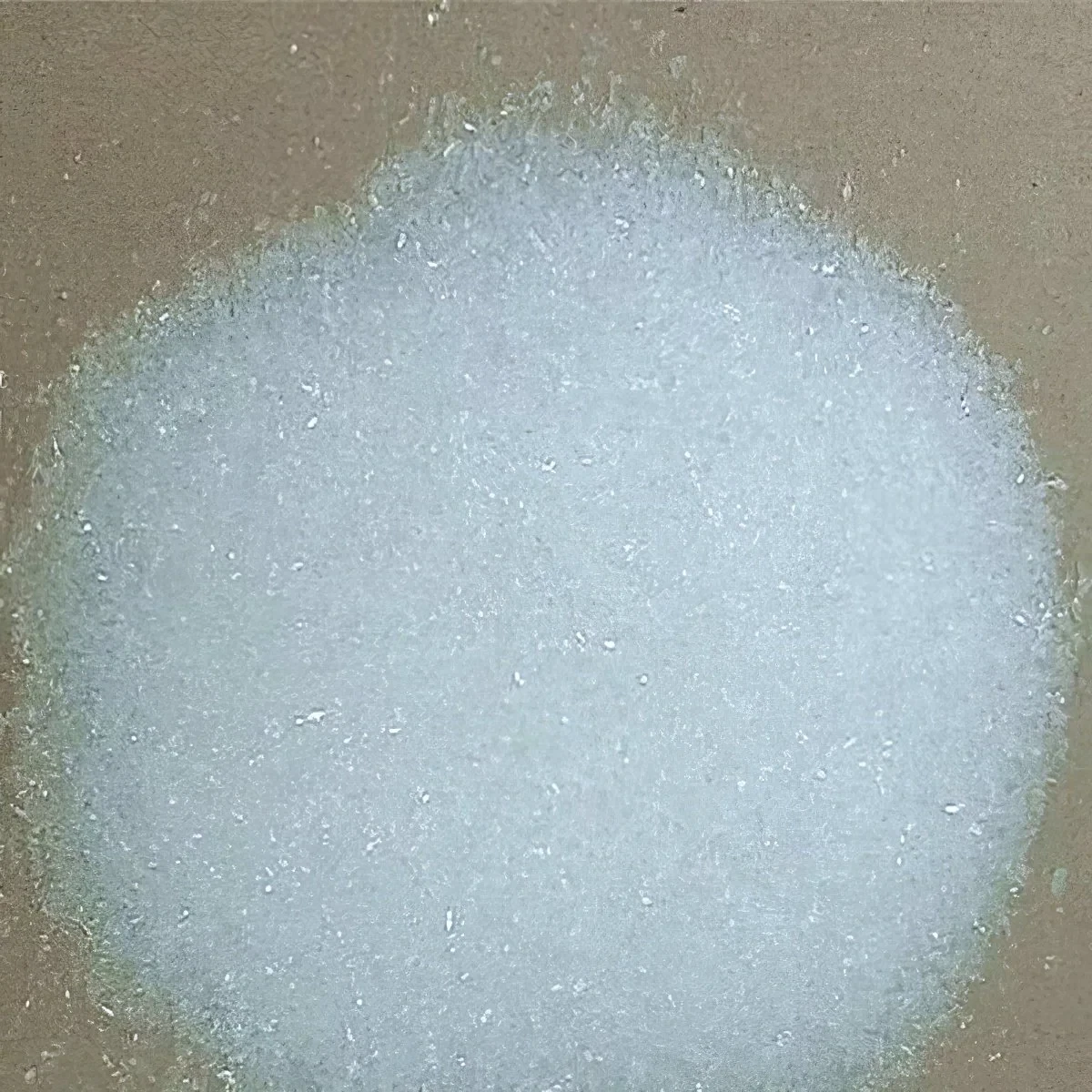



sodium sulphide molecular weight
Understanding the Molecular Weight of Sodium Sulphide
Sodium sulphide, a chemical compound represented by the formula Na2S, is an important inorganic substance that has a variety of industrial applications. Understanding its molecular weight is crucial for chemists and industries that utilize this compound in processes such as papermaking, water treatment, and the production of certain chemicals.
The molecular weight of a compound is the sum of the atomic weights of its constituent elements, measured in atomic mass units (amu). For sodium sulphide, we need to consider the atomic weights of sodium (Na) and sulphur (S). Sodium has an atomic weight of approximately 22.99 amu, and sulphur has an atomic weight of about 32.07 amu.
In sodium sulphide, there are two sodium atoms and one sulphur atom. Therefore, the calculation for the molecular weight of Na2S can be represented as follows
- Weight from Sodium 2 × 22
.99 amu = 45.98 amu- Weight from Sulphur 1 × 32.07 amu = 32.07 amu
sodium sulphide molecular weight

Now, adding these two values together gives
Molecular Weight of Na2S = 45.98 amu + 32.07 amu = 78.05 amu
Hence, the molecular weight of sodium sulphide is approximately 78.05 amu. This value is significant not only for academic purposes but also for practical applications in industries that rely on the accurate composition of chemical substances.
Sodium sulphide plays an essential role in various processes. In the paper industry, it is used in the kraft process, where it aids in the pulping of wood by breaking down lignin. In water treatment, it acts as a reducing agent to remove heavy metals and improve water quality. Additionally, sodium sulphide is used in the production of certain dyes and in the leather industry during the tanning process.
It's important to handle sodium sulphide with care due to its toxic nature and potential to release hydrogen sulfide, a hazardous gas. Safety precautions are essential when working with this compound to prevent health risks.
In conclusion, the molecular weight of sodium sulphide is a fundamental aspect that plays a vital role in its applications across various industries. By understanding its chemical properties and the significance of its molecular weight, professionals in the field can ensure effective and safe use of sodium sulphide in their respective domains. This knowledge not only enhances operational efficiency but also promotes safety and environmental responsibility in industrial practices.
-
Why Sodium Persulfate Is Everywhere NowNewsJul.07,2025
-
Why Polyacrylamide Is in High DemandNewsJul.07,2025
-
Understanding Paint Chemicals and Their ApplicationsNewsJul.07,2025
-
Smart Use Of Mining ChemicalsNewsJul.07,2025
-
Practical Uses of Potassium MonopersulfateNewsJul.07,2025
-
Agrochemicals In Real FarmingNewsJul.07,2025
-
Sodium Chlorite Hot UsesNewsJul.01,2025










